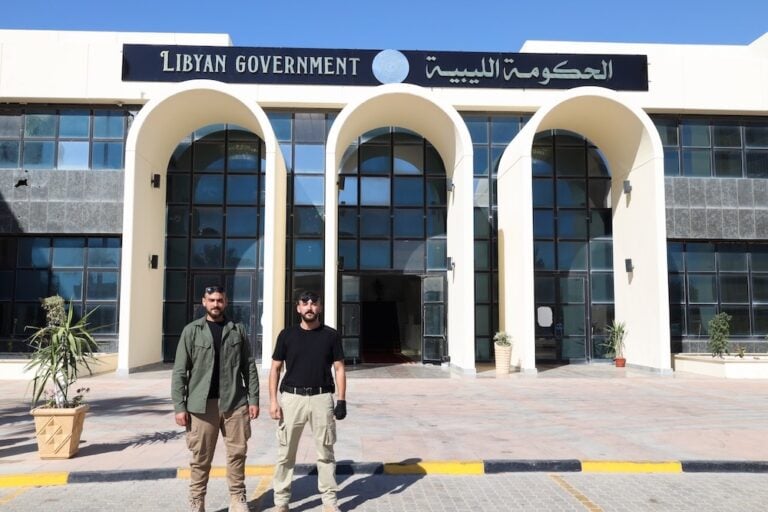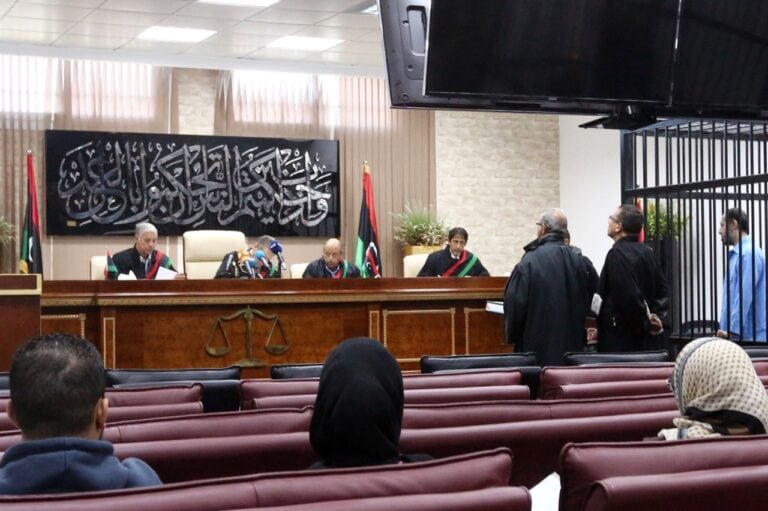The presiding Judge declared a law that criminalised a variety of political speech unconstitutional, but added that the decision did not affect other pre-existing restrictions on speech, such as insulting Islam.
(Human Rights Watch/IFEX) – 15 June 2012 – The Libyan Supreme Court’s decision on June 14, 2012, that declared unconstitutional a law that criminalized a variety of political speech is a landmark decision, Human Rights Watch said today. The court ruled that Law 37/2012 was an unconstitutional restriction on free speech.
“Today, the Supreme Court of Libya has shown what freedom means,” said Sarah Leah Whitson, Middle East and North Africa director at Human Rights Watch. “By declaring this law unconstitutional, it has affirmed free speech for the Libyan people, even for critical and controversial views.”
This is the first judicial review of a law issued by the National Transitional Council (NTC), which has been governing Libya since Muammar Gaddafi’s fall in 2011. A group of Libyan lawyers challenged the law under the interim constitutional covenant, as well as international law. The presiding Judge, Kamal Edhan, declared the law unconstitutional, but added that the decision did not affect other pre-existing restrictions on speech, such as insulting Islam.
Law 37, which the NTC passed on May 2, criminalized a variety of types of political speech, including speech that “glorifies the tyrant [Muammar Gaddafi],” did “damage [to] the February 17 Revolution,” or insulted Libya’s institutions. Human Rights Watch had criticized the law as a violation of freedom of expression and called on the NTC to revoke it.
Human Rights Watch urged the NTC and any incoming new government to abolish all laws in Libya that restrict free expression in violation of international law.


